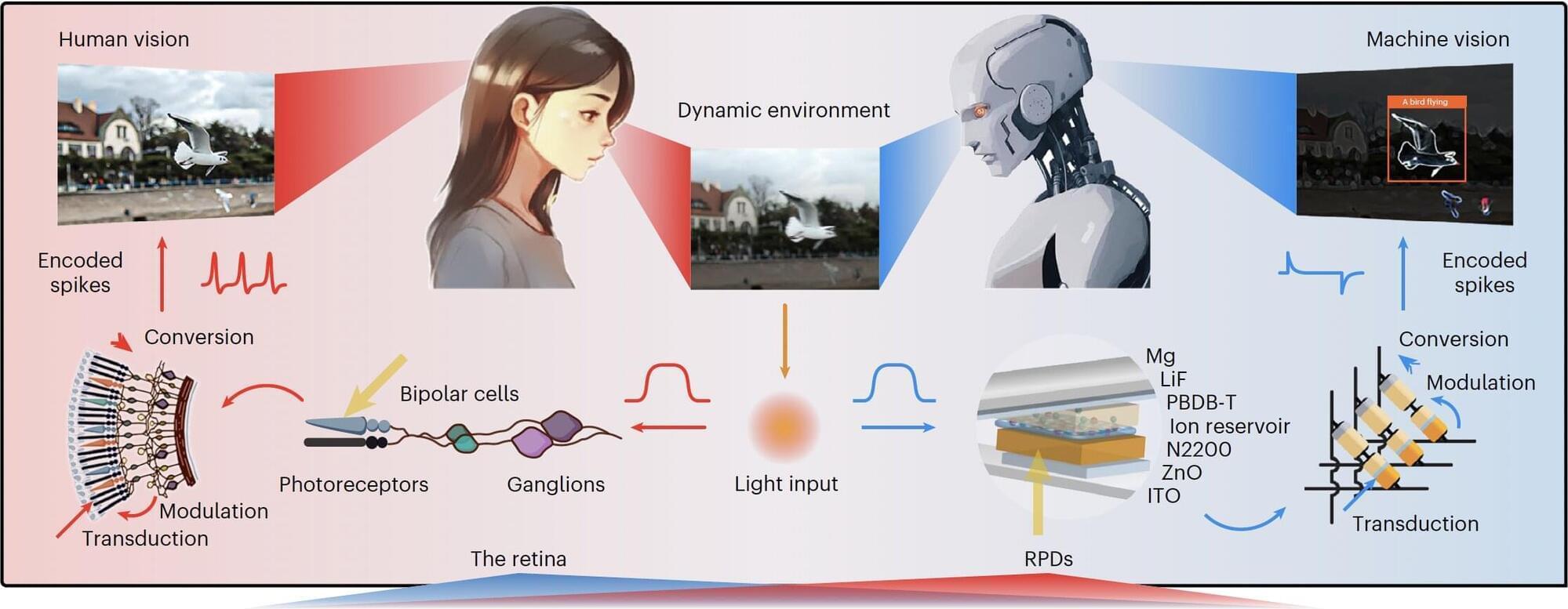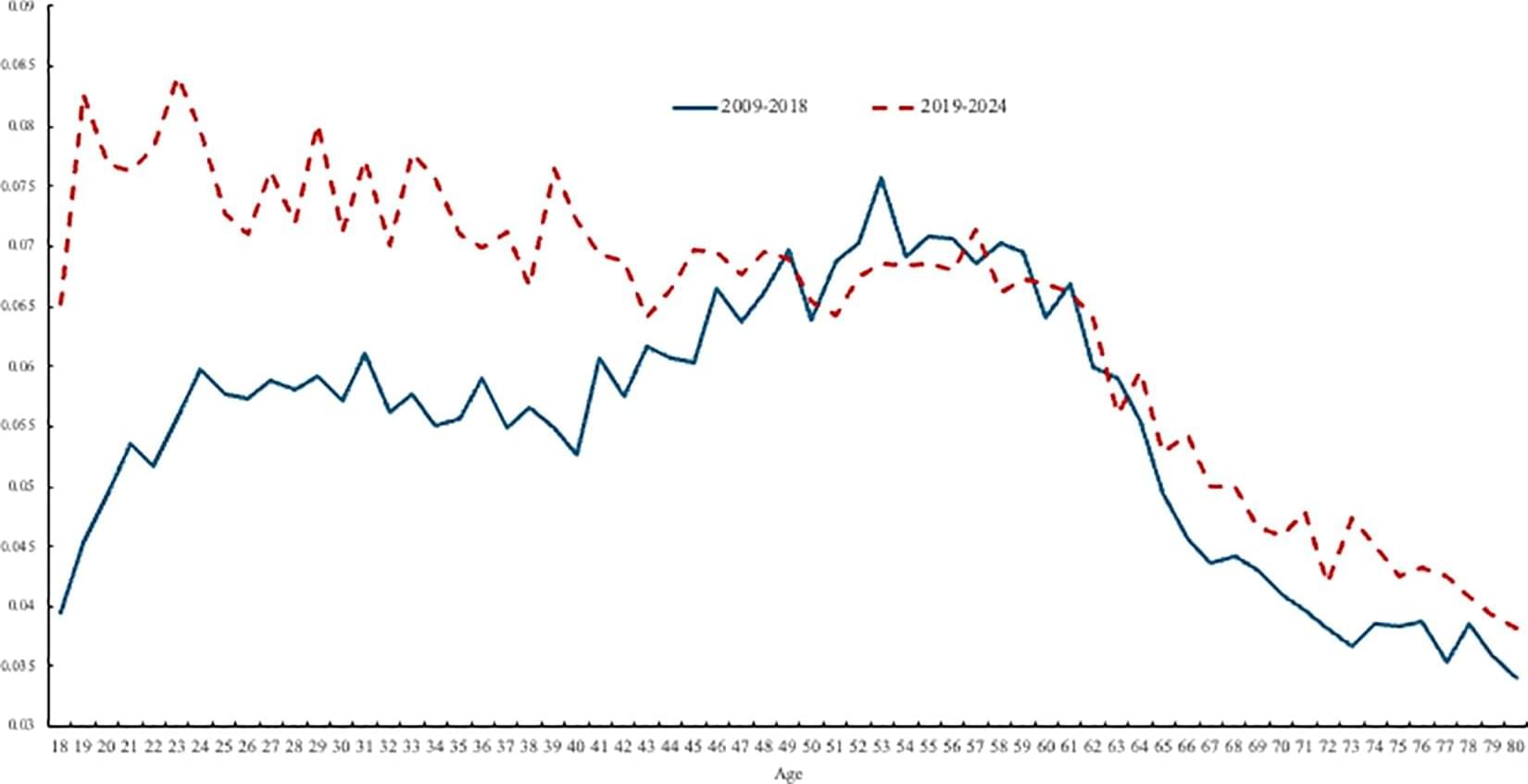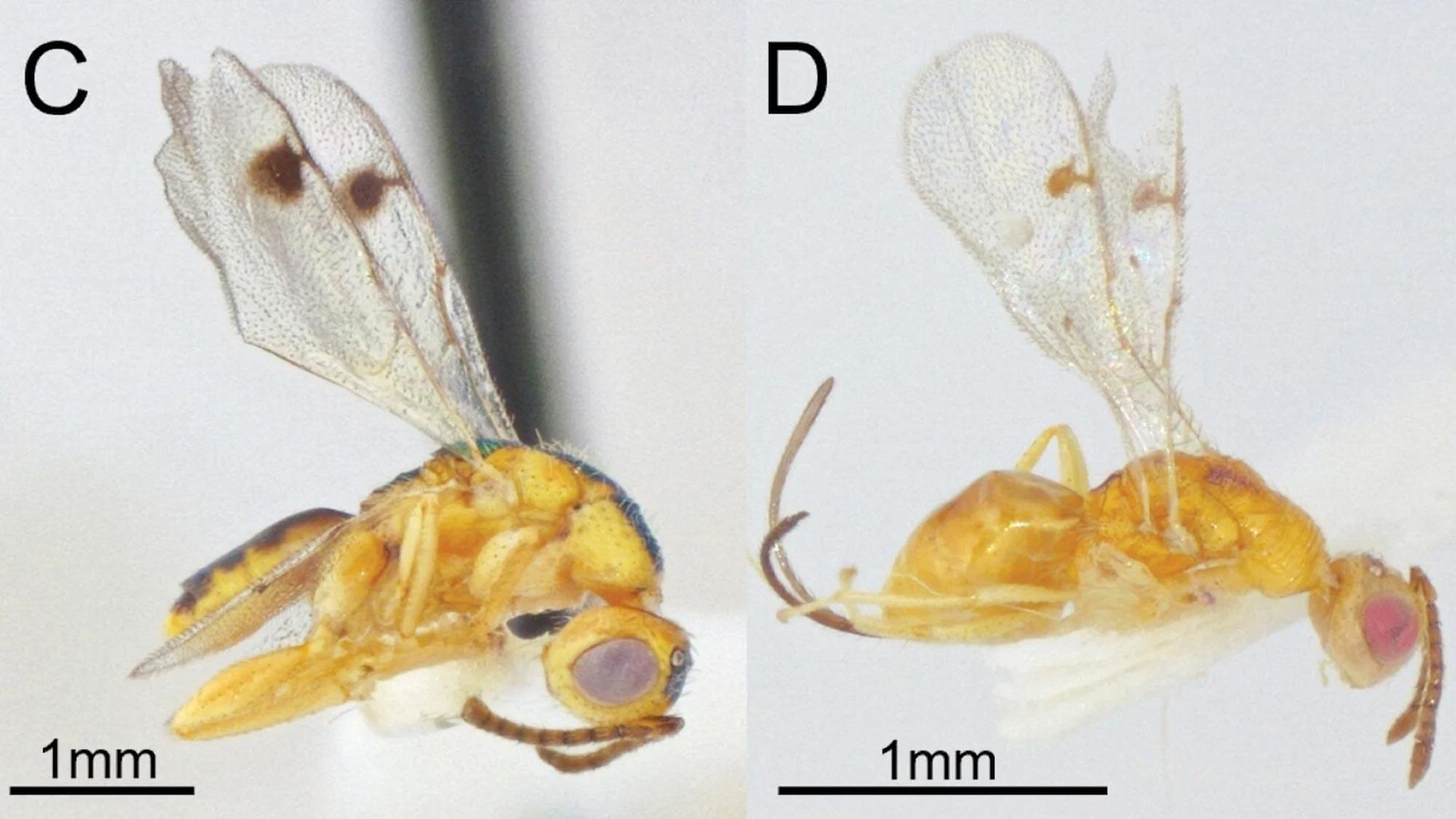A tiny fish with transparent embryos is helping University of California, Davis, researchers shed light on how exposure to crude oil and flame retardants can affect behavior, skeletal growth, cardiac health and other internal functions in offspring and subsequent generations.
The research on multiple generations of Atlantic killifish (mummichogs) was published across three papers in the journal Environmental Science & Technology.
The work, some dating back to the 2010 Deepwater Horizon oil spill off the Gulf coast, offers insight into how toxic exposures—even short ones—can unfold over time in many species.









